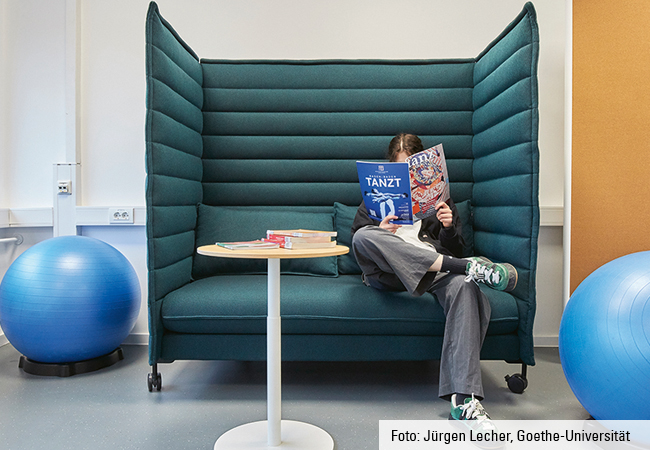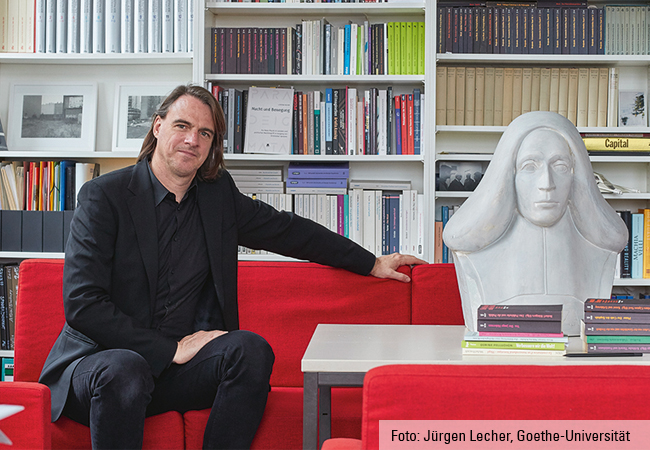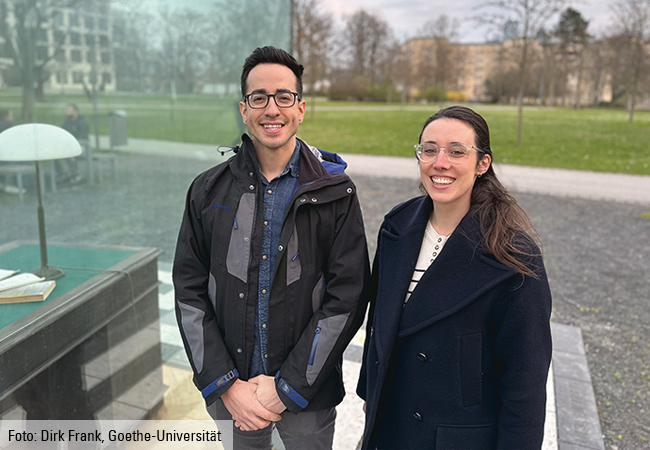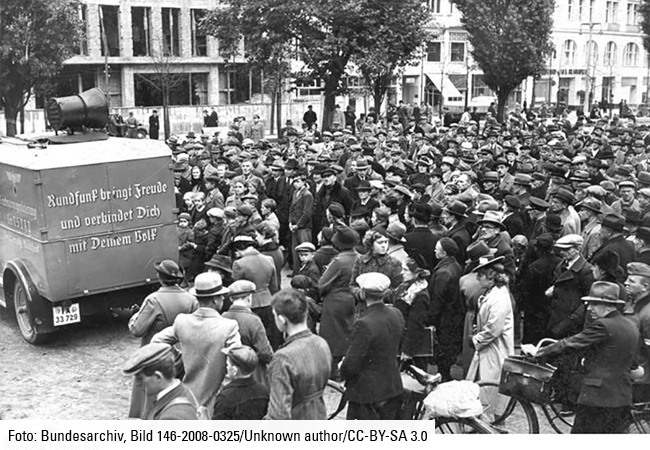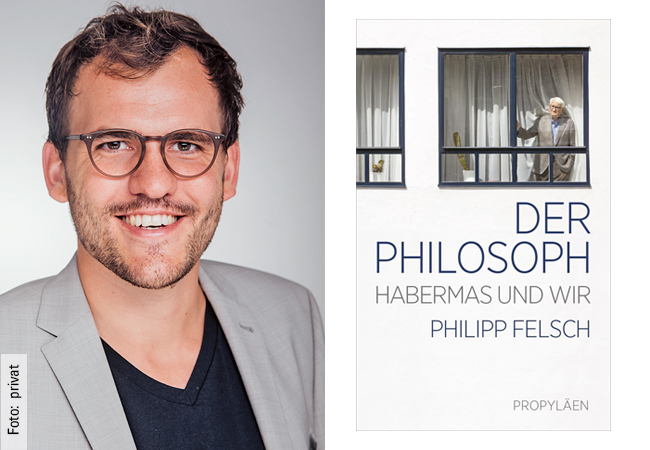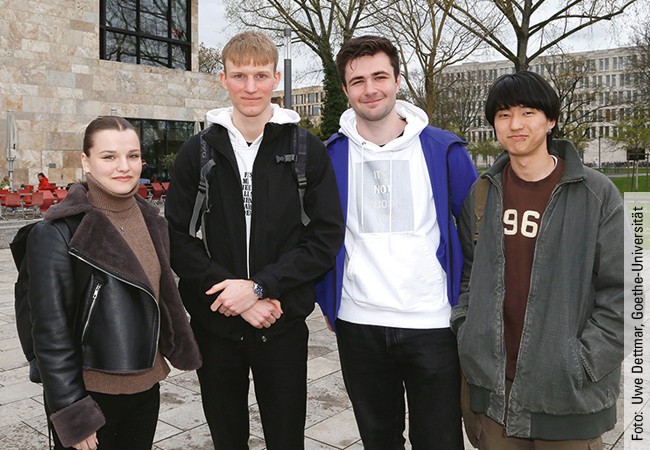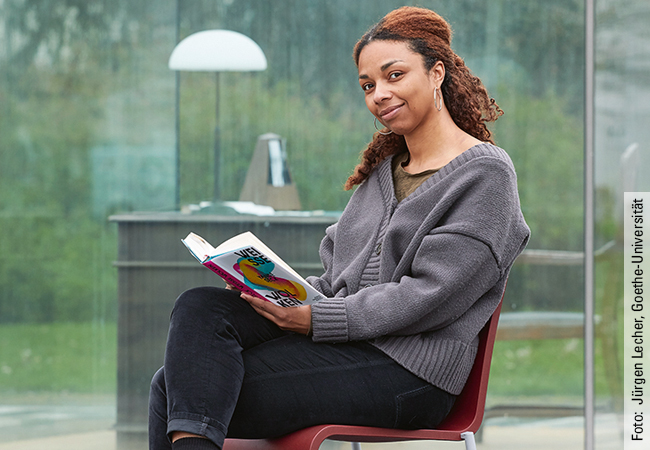What opportunities to create trust do social conflicts offer? What happens when neutron stars merge and produce gravitational waves and heavy chemical elements in the process? How can a better understanding of the internal balance of cells (homeostasis) help to develop novel drugs to treat inflammation and infection? Researchers from Goethe University will explore these questions over the coming years, together with partners from other universities and scientific institutions. The cluster projects ENABLE, ELEMENTS and ConTrust will receive €20.7 million in funding from the Federal State of Hessen and the same amount from Goethe University and the other partners involved, in preparation for the next round of the Excellence Strategy of the national and regional governments. Researchers from Goethe University are additionally involved in two further cluster projects (“3AI”, Technical University of Darmstadt, and “The Adaptive Mind”, Giessen University).
Professor Enrico Schleiff, the new president of Goethe University, sees today’s announcement of the funding for three cluster projects under its leadership as a significant milestone along the road to the next round of the Excellence Strategy: “
That we were able to secure this important funding is proof of Goethe University’s research strength. It shows that we are developing creative ideas in our main research areas and putting them into practice. Together with our partners in the Rhine-Main Universities alliance, the three cluster projects in basic and translational biomedical research, astrophysics and particle physics, and the interdisciplinary study of the dynamics of political coexistence provide us with an excellent foundation for giving excellent research a further boost. This is the most important prerequisite for positioning ourselves as well as possible for the next round of the Excellence Strategy. I congratulate all the researchers involved on this tremendous success.”
The secret of political coexistence
Conflicts in societies are not only unavoidable; they are also indispensable for democratic coexistence and social progress. Yet how can the competing factions be sure that they are not treading on unprotected territory, that the dispute will not become destructive? The secret of social cohesion and cooperation, assumes the ConTrust research project at the Research Centre Normative Orders, is trust, which is created and fostered in and through conflict – and not beyond it. The researchers involved in the project want to tread new paths by seeing trust not as a concept which is the opposite of conflict – but instead part of it. In their empirical and normative study of the correlation between these two concepts, the researchers plan to cross the boundaries between disciplines as well as develop and apply new methods. The project will also deal with new qualities of uncertainty, which have come to light most recently in the coronavirus crisis. The aim is to diagnose the dynamics of trust and mistrust in conflict situations. ConTrust will receive €4.8 million from the Federal State of Hessen and €4.9 million as the own contribution of Goethe University and the Peace Research Institute Frankfurt (PRIF), a member of the Leibniz Association, as co-applicant.
Read more about the cluster project ConTrust.
Matter in neutron stars
Neutron stars are the focus of the cluster project ELEMENTS. Neutron stars are the relics of enormous stellar explosions (supernovae) and among the most extreme objects in the Universe: Matter in their core is so densely compressed that, according to calculations, it could even exist in the form of a quark-gluon plasma – a mixture in which matter is broken up into its most elementary particles, as it was in the Universe soon after the Big Bang. Neutron stars – like black holes – cause space-time distortions, and when two neutron stars merge, they produce heavy chemical elements and gravitational waves that can be measured on Earth. By observing such astrophysical phenomena, through theoretical calculations as well as through experiments conducted, for example, using the accelerators at the GSI Helmholtzzentrum für Schwerionenforschung GmbH and the new FAIR accelerator facility being developed there, the ELEMENTS researchers hope to gain new insights into the structure and composition of matter under extreme conditions and how heavy elements, such as gold or platinum, came to exist in the Universe. In terms of research strategy, ELEMENTS is a continuation of the close collaboration between Goethe University and the Technical University of Darmstadt in the framework of the Rhine-Main Universities alliance. ELEMENTS will receive €7.9 million from the Federal State of Hessen and €8 million as the own contribution of Goethe University and the co-applicants.
Why cells lose their balance
The grand challenges in global health call for a faster transfer of basic biomedical knowledge into clinical research and application. Within the cluster project ENABLE, researchers will analyse how deregulated cellular signalling pathways impact on the development and progression of diseases. One focus is on the interaction of bacterial and viral pathogens with their host cells, on immune responses triggered by this and the subsequent evolvement of tissue damage and disease. The consortium aims to use the knowledge generated as basis for developing therapeutic strategies against newly emerging viruses, such as SARS-CoV-2, or against antibiotic-resistant bacteria. Interest also centres on inflammatory reactions, which co-determine the course and therapy outcome not only of infections but also of many complex diseases, among others those of the immune system or cancer. To achieve its goals, the ENABLE consortium is building on close interdisciplinary collaboration and state-of-the-art technologies as well as new chemical and biological tools that enable the analysis of cellular functions at a hitherto unknown level of precision. ENABLE will receive €8 million from the Federal State of Hessen and €9.1 million as the own contribution of Goethe University and the co-applicants.
Artificial intelligence and the human mind
Goethe University is participating in two cluster projects concerned with artificial intelligence and the study of human behaviour: The cluster project 3AI (Technical University of Darmstadt, €5.2 million in regional funding) will centre on artificial intelligence (AI) systems which, by virtue of their human-like capabilities, can adapt to new systems. In the cluster project The Adaptive Mind (Giessen University, Philipps-Universität Marburg, Technical University of Darmstadt, €7.4 million in regional funding), researchers are exploring how humans on the one hand continuously adapt their mental performance to the environment, while on the other hand remaining stable when faced with short-term changes.
Further information:
Cluster project ConTrust
Trust in Conflict. Political Coexistence under Conditions of Uncertainty
Speakers:
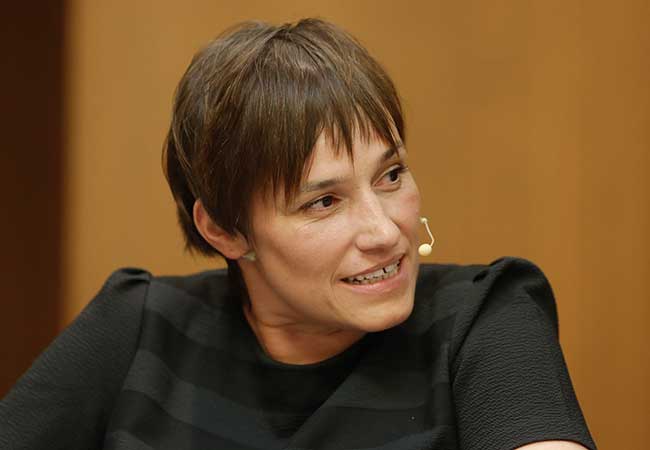
Prof. Nicole Deitelhoff
Goethe University Research Centre Normative Orders (i.G.) and Peace Research Institute Frankfurt (PRIF)
Tel: +49 (69) 798-31444
deitelhoff@hsfk.de
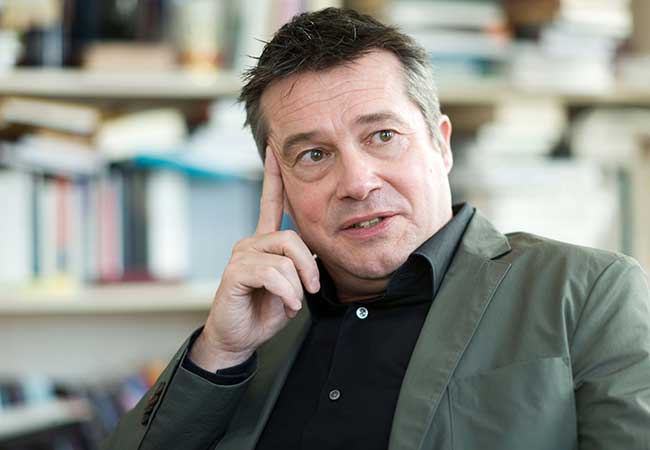
Prof. Dr. Rainer Forst
Goethe University Research Centre Normative Orders (i.G.)
Tel: +49 (69) 798-31540
forst@em.uni-frankfurt.de
Applicant: Goethe University Frankfurt
Co-applicant:Peace Research Institute Frankfurt (PRIF)
Participating institutions:
Research Institute Social Cohesion (RISC), Frankfurt am Main
Sigmund Freud Institute, Frankfurt am Main
Institute for Social Research (IfS), Frankfurt am Main
Forschungskolleg Humanwissenschaften, Bad Homburg
Max Planck Institute for Legal History and Legal Theory, Frankfurt am Main
Max Planck Institute for Comparative Public Law and International Law, Heidelberg
Max Planck Institute for the Study of Religious and Ethnic Diversity, Göttingen
Technical University of Darmstadt
Hessian Competence Centre for Responsible Digitalisation, Darmstadt
University of Mannheim
Cluster project “ELEMENTS – Exploring the Universe from microscopic to macroscopic scales”
Speakers:
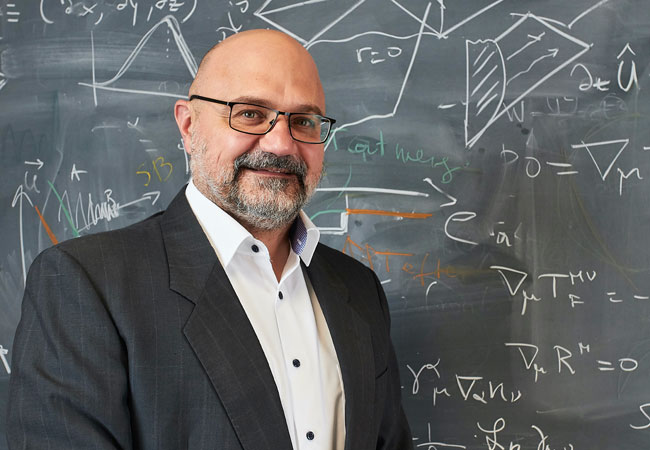
Professor Luciano Rezzolla
Institute for Theoretical Physics
Goethe University Frankfurt
Tel: +49 (69) 798-47871
rezzolla@itp.uni-frankfurt.de
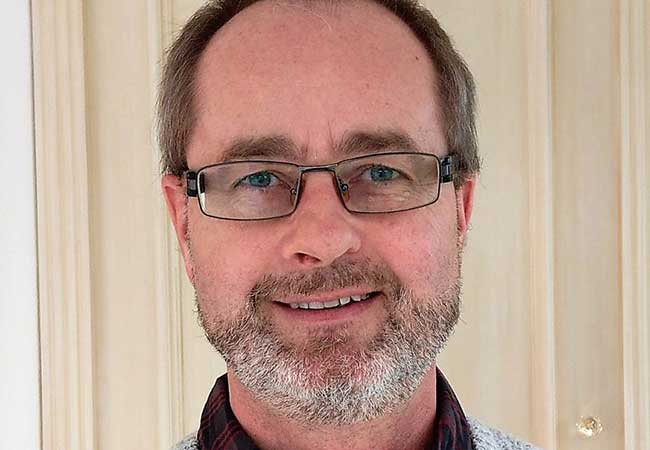
Professor Norbert Pietralla
Technical University of Darmstadt
Tel: + 49 (6151) 16 23540
pietralla@ikp.tu-darmstadt.de
Applicant: Goethe University Frankfurt
Co-applicants:
Technical University of Darmstadt
Giessen University
GSI Helmholtzzentrum für Schwerionenforschung GmbH, Darmstadt
Cluster project “ENABLE – Unraveling mechanisms driving cellular homeostasis, inflammation and infection to enable new approaches in translational medicine”
Sprecher:innen:
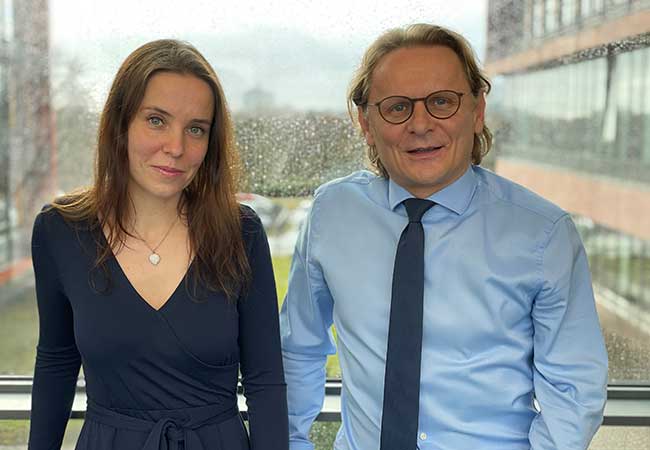
Professor Ivan Đikić
Institute for Biochemistry II, University Hospital Frankfurt and Buchmann Institute for Molecular Life Sciences
Tel: +49 (0) 69 6301-5964,
dikic@biochem2.uni-frankfurt.de
Professor Maike Windbergs
Goethe University Frankfurt
Institute for Pharmaceutical Technology and Buchmann Institute for Molecular Life Sciences
Tel: +49 (0) 69 798-42715
windbergs@em.uni-frankfurt.de
Applicant: Goethe University Frankfurt
Co-applicants:
Frankfurt Institute for Advanced Studies (FIAS), Frankfurt am Main
Fraunhofer Institute for Molecular Biology and Applied Ecology, Branch Translational Medicine and Pharmacology (Fraunhofer IME-TMP), Frankfurt am Main
Georg-Speyer-Haus (GSH), Institute for Tumor Biology and Experimental Therapy, Frankfurt am Main
Max Planck Institute of Biophysics (MPI-BP), Frankfurt am Main
Participating institutions:
Max Delbrück Center for Molecular Medicine, Berlin
Max Planck Institute for Heart and Lung Research, Bad Nauheim
Max Planck Institute of Molecular Cell Biology and Genetics, Dresden


